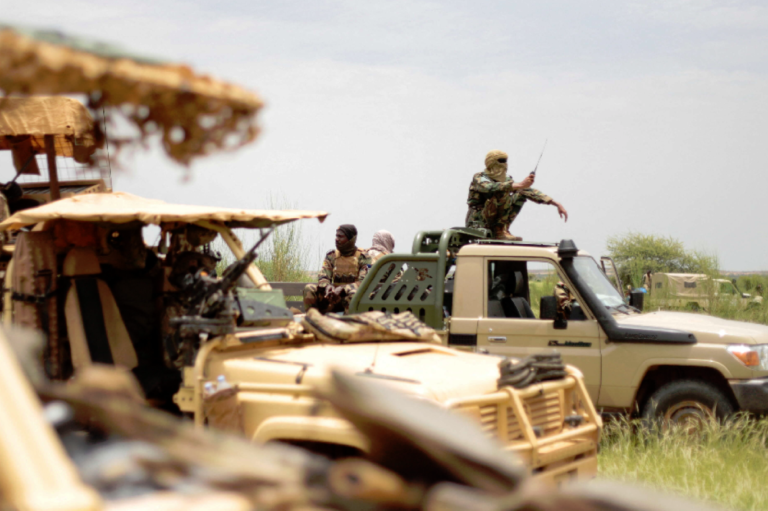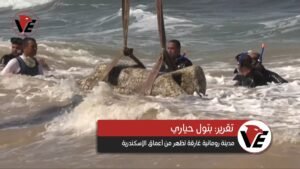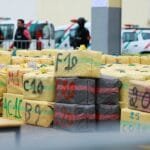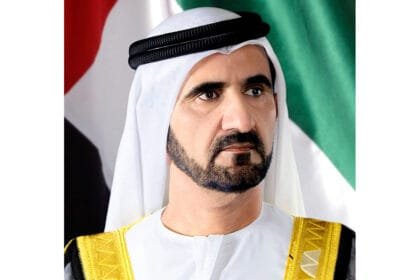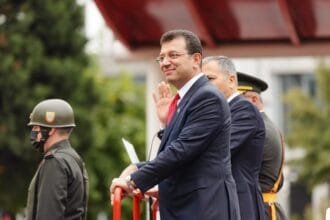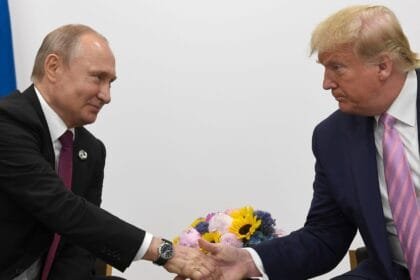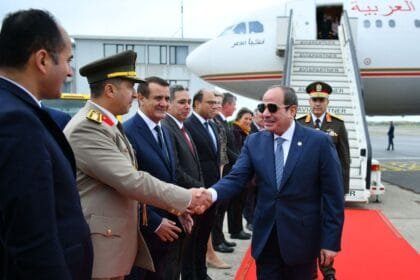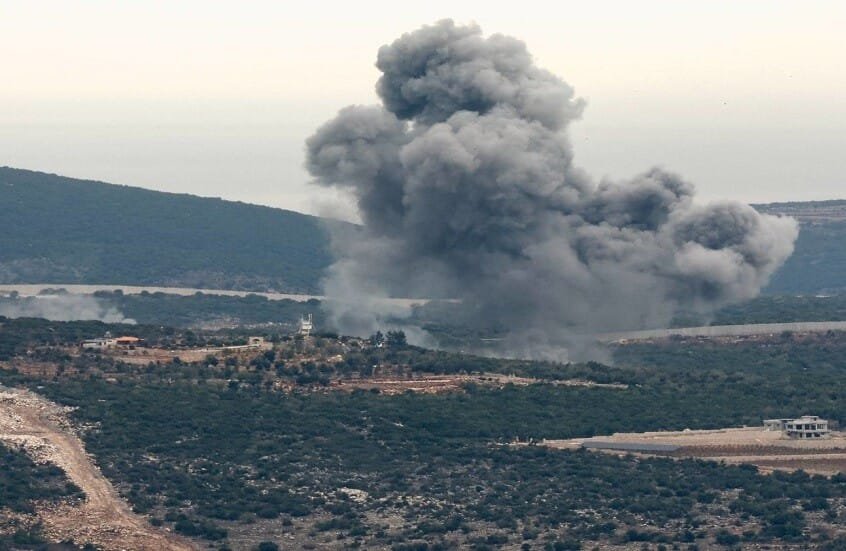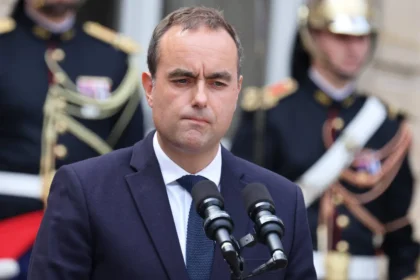BAMAKO, Mali-In a move marked by clever illustrations and extensive security, Malaysian authorities have completely closed their border with Mauritania,
following weeks of clashes in August between the military and the Group for the Support of Islam
and Muslims (JNIM), an Islamist group aligned with the Azawad region in the north of the country.
The border strip between Mali and Mauritania extends for a distance of 2,337 kilometers, of which 1,721 kilometers are with the Azawad region.
For months, the armed group has been besieging a number of cities, most notably Lere and Timbuktu.
economic crisis
According to analysts, the border closure, coupled with the blockade imposed by JNIM,
It will isolate the capital, Bamako, from the north of the country,
threatening to exacerbate the humanitarian and economic crisis.
Especially since the trade route coming from Mauritania represents one of Mali’s main supply arteries.
Economic reports confirmed that the decision will severely impact
the movement of Mauritanian trucks transporting goods and food to financial markets.
In addition to the disruption of Moroccan imports passing through Mauritanian territory,
this could raise prices and deepen the shortage of basic commodities.
foreign forces
Observers believe that the move reflects the increasing isolation facing the Bamako government.
Which is led by the military council headed by Colonel Assimi Goita,
Especially after the tension in its relations with a number of neighboring countries
and the withdrawal of foreign forces from the country.
It is feared that this closure will lead to the collapse of the commercial supply network in northern Mali,
And to strengthen the control of armed organizations that have begun to impose their laws in vast areas,
It extends from the south to the west and even to the center of the country, amidst a virtual absence of state authority.
the Wagner Group
The local website Mali Actu quoted unofficial statements from a security source in Bamako,
who said that the decision is a “temporary measure aimed at controlling the borders and combating smuggling.”
While observers considered it the beginning of stifling financial isolation,
especially with the growing influence of armed groups in the north and west.
Analyses published in Jeune Afrique and AFP Africa indicate
that these developments represent a new escalation in the Sahel crisis,
Especially after the withdrawal of French forces and the Malian government’s
increased reliance on Russian support through the Wagner Group.




